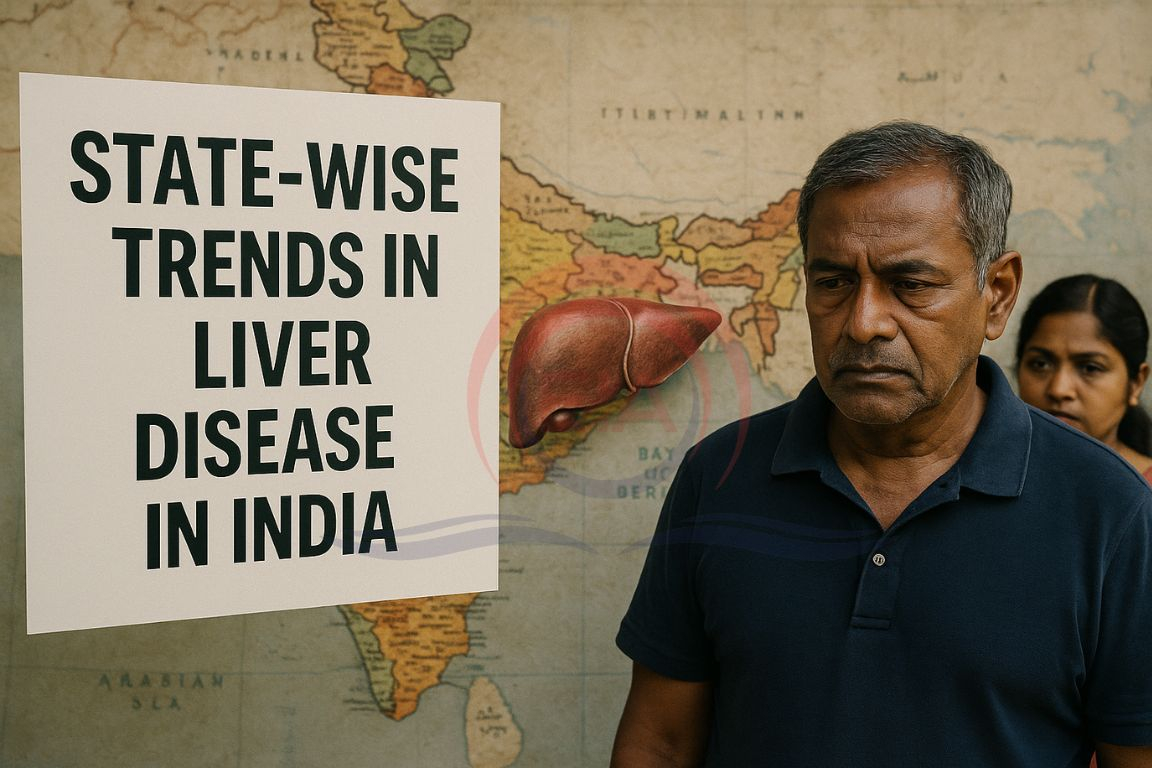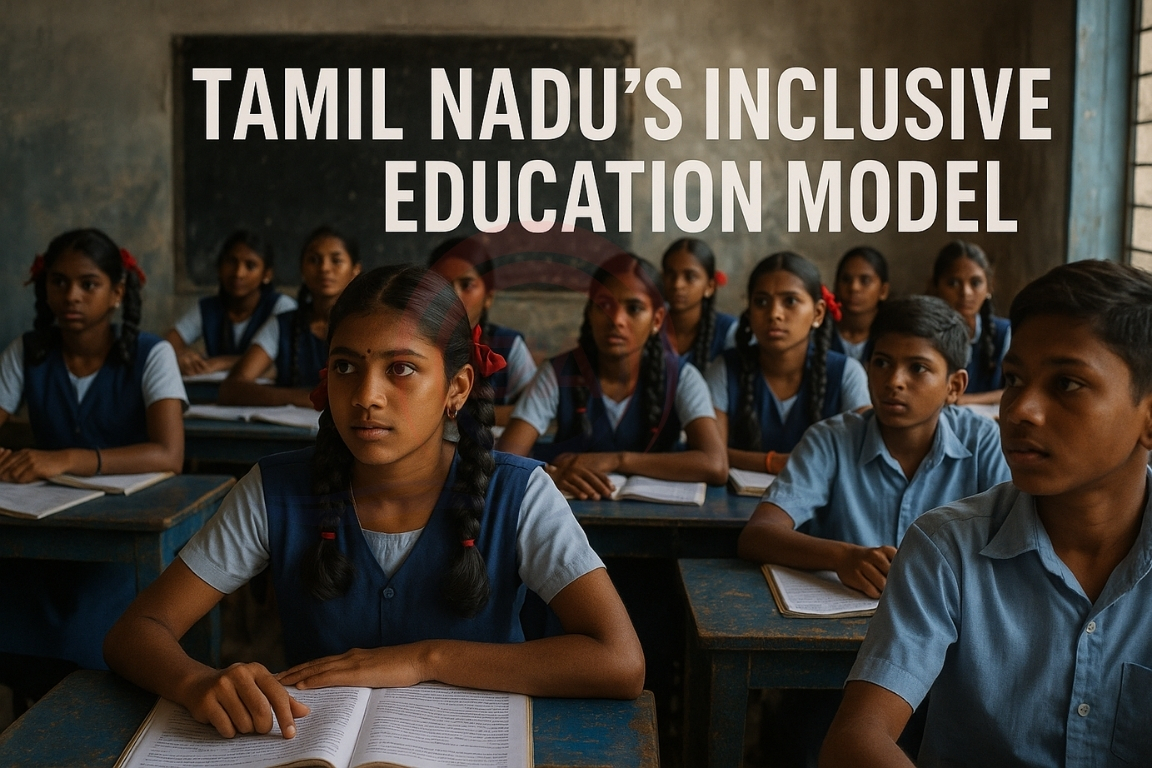Prime Minister Modi declared Dhordo village in Kutch as a “Solar Village” under the PM Surya Ghar: Muft Bijli Yojana. With this, Dhordo has become the fourth fully solar-powered village in Gujarat.
About Dhordo
- Located in the Kutch district of Gujarat, Dhordo is internationally known for hosting the Rann Utsav and was recognised by UNWTO as the “Best Tourism Village.”
- Every household in Dhordo now runs on solar power, ensuring complete energy self-sufficiency.
- The system will produce nearly 2.95 lakh units of clean electricity annually, lowering energy costs for villagers.
- Dhordo follows Modhera (Mehsana), Sukhi (Kheda), and Masali (Banaskantha) in adopting complete solar power.

PM Surya Ghar: Muft Bijli Yojana
- Launch: 2024, to promote rooftop solar in residential homes.
- Goal: Free electricity up to a fixed limit by enabling households to generate their own solar power.
- Targets:
- 40 lakh installations by October 2025.
- 1 crore installations by March 2027.
- Subsidy Support: Up to 40% subsidy for rooftop solar panel installations.
- Eligibility: Any residential household connection can apply under the scheme.
Model Solar Village Concept
- Budget allocation: ₹800 crore, with ₹1 crore assistance for each selected village.
- Eligibility: Revenue villages with over 5,000 people (or 2,000 in special category states).
- Objective: Empower villages to adopt clean energy and serve as models for replication across India.
Achievements So Far
- As of March 2025, 10 lakh households have already installed rooftop solar panels.
- Top performing states have the highest share of solarised homes, showcasing rapid adoption of the scheme.
Key Benefits of the Scheme
- Household Savings: Provides free/low-cost electricity, easing the burden of energy bills.
- Government Savings: Expected to save nearly ₹75,000 crore annually on power subsidies.
- Renewable Energy Boost: Adds 30 GW rooftop solar capacity and reduces carbon emissions by around 720 million tonnes.
- Economic Gains: Households can sell surplus power to DISCOMs for extra income.
- Job Creation: Estimated 17 lakh direct jobs in manufacturing, installation, and maintenance.
- Sustainability: Encourages community-level energy independence and reduces reliance on fossil fuels.
Way Forward
- With strong momentum, the scheme is on track to reach its target of 1 crore solar-powered households by 2027.
- Dhordo stands as a model for how clean energy can transform rural areas by lowering costs, boosting livelihoods, and advancing India’s green energy transition.
Conclusion
Dhordo’s solarisation underlines India’s push towards self-reliant, eco-friendly villages. The PM Surya Ghar scheme not only cuts costs but also promotes sustainability and rural empowerment, making it a milestone in India’s clean energy roadmap.





